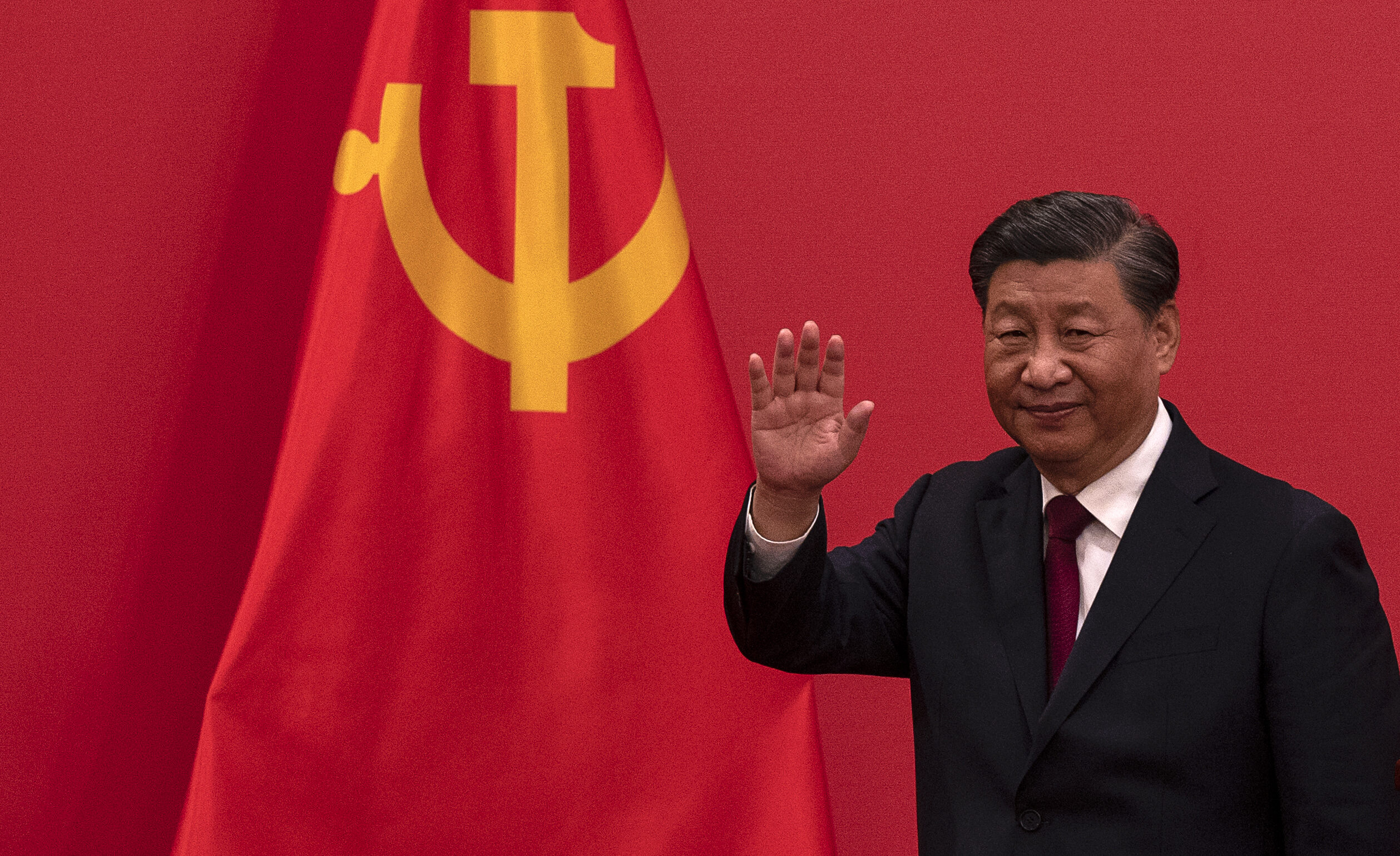News this week about China’s falling stock values suggests the country’s economy may be in worse shape than we thought. Even if most countries would look enviously on last year’s official growth rate of 5.2%, the trend points towards further economic slowing. What’s more, this figure may have been flattered by base effects that resulted from the pronounced slowdown of the Covid-19 lockdowns, which hit China especially hard. Some economists thus estimate the true figure for the country’s growth last year to be closer to 3%.
Nevertheless, the Beijing leadership is still expected to once again set a 5% target for growth this year. Reaching it may prove difficult. Last year, the government borrowed the equivalent of 15% of GDP to stimulate its economy. If what it received in return was the expansion being mooted, China will have to borrow a whole lot more to sustain its momentum. Unfortunately, many of the indicators don’t inspire confidence that things are moving that way. Since China’s strategy depends heavily on its exports, the fact that they fell 4.6% last year is concerning. Exports to the US did even worse, dropping by 13.1%.
As one might therefore expect, Wall Street has its doubts about that 5% goal. As China begins to look less appealing as an investment destination, Beijing has ordered local fund managers to stop selling shares in the hopes of stabilising the country’s stock market, hardly a sign of a government with confidence in its businesses. All the same, the intervention has done little to reverse the market’s recent underperformance relative to the rest of the world.
It is thus becoming ever more clear that China’s economic strategy needs revamping. The country has to shift away from an investment-driven, export-oriented model to one which relies increasingly on domestic consumption. While in Chinese policy circles the need for this is openly discussed, it is still proving a tough sell for a Communist Party leadership anxious about loosening its hold on society.
Of course, China’s travails carry a broader global significance. As the world’s biggest trading nation, its slowing growth will continue to weigh on the global recovery from the pandemic, which remains weak. Yet China’s excess capacity and surplus production will be disinflationary, which could help keep a lid on prices among its trading partners. This latter effect will be strongest in those countries most open to trading with China; in the United States and Europe, where the current preference is for “de-coupling”, the benefit of Chinese disinflation may be somewhat muted.
What this reorientation of Western economies could mean for the longer term is that China’s strategy of building ties to the developing world through its Belt and Road Initiative will assume even greater importance. Beijing has an interest in continuing to invest in its Asian and African partners, since economic growth there will continue to widen the markets for its products. As Western countries cut aid budgets and pull back from their former colonies, China has quietly stepped in to forge partnerships that strengthen its presence across the rising periphery. More recently, the West’s preoccupation with and stance on the Gaza war has weakened its standing in many developing countries, further burnishing China’s credentials.
The CCP does not currently look up to meeting these myriad challenges alone. While it’s still too early to count out the Middle Kingdom, the latest rosy growth figures don’t tell the full story.











Join the discussion
Join like minded readers that support our journalism by becoming a paid subscriber
To join the discussion in the comments, become a paid subscriber.
Join like minded readers that support our journalism, read unlimited articles and enjoy other subscriber-only benefits.
Subscribe